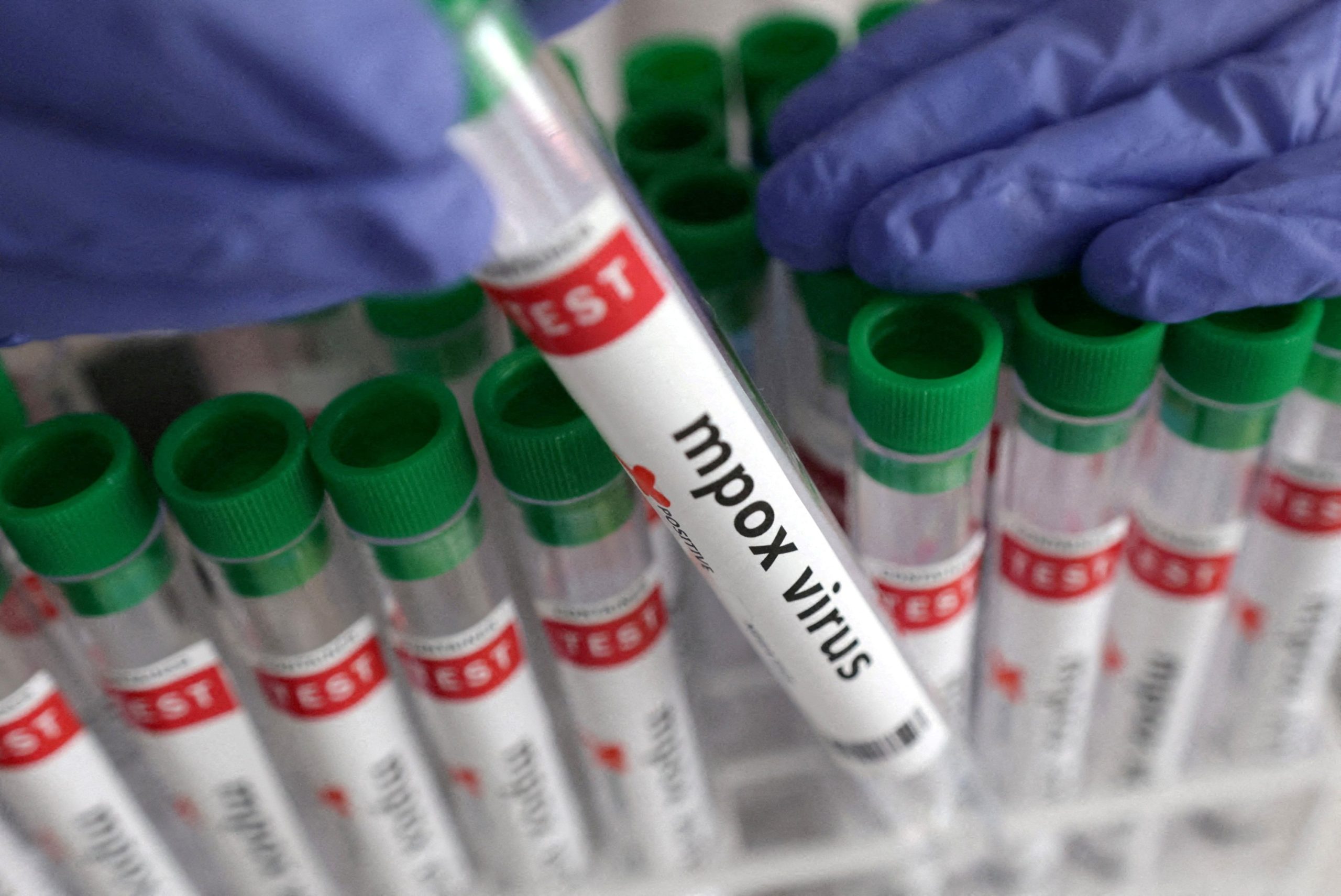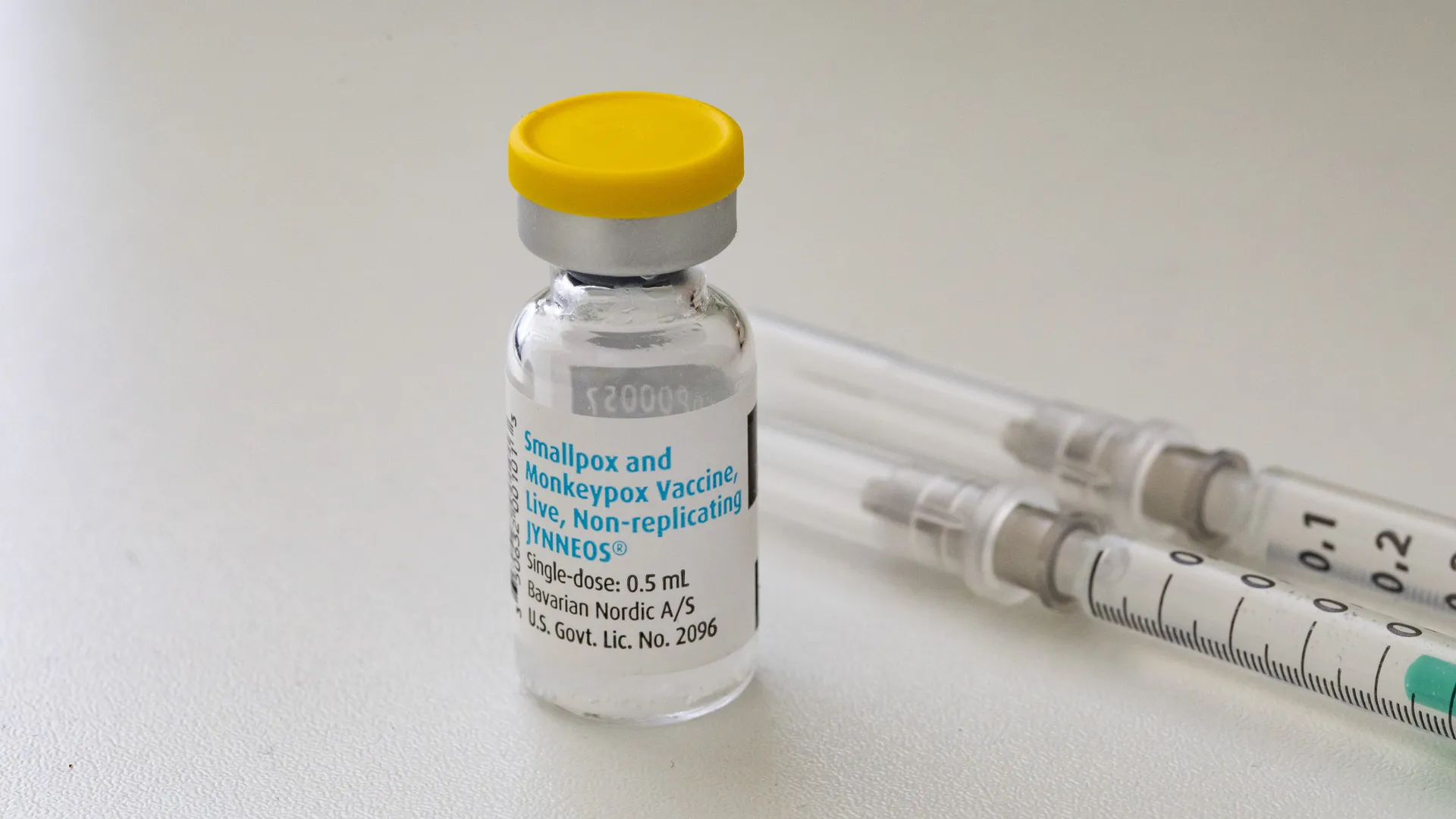State and federal health agencies are preparing to address the potential spread of a new strain of mpox — formerly known as monkeypox — in the U.S., though this time they are doing so with fewer resources.
Unlike during the last widespread mpox outbreak in 2022, when both a public health emergency declaration for mpox and a federal pandemic preparedness law were in place, health officials now face constraints in resources and flexibility.
The earlier emergency measures provided state health departments and the federal government with more robust tools to combat the outbreak.
In August, the World Health Organization declared a public health emergency of international concern over the newly identified mpox strain, clade 1b. This strain has been rapidly spreading in central Africa and has now been detected in Sweden and Thailand.
The new clade 1b strain differs from the clade IIb strain behind the 2022 global mpox outbreak. While the JYNNEOS mpox vaccine used during the 2022 outbreak was effective in preventing severe illness, hospitalization, and death, it did not completely prevent transmission.
According to the Centers for Disease Control and Prevention (CDC), clade 1b is endemic to the Democratic Republic of Congo and is more severe than clade IIb, leading to higher rates of severe illness and death among those infected.
Although clade 1b has not yet reached the U.S., state and federal health officials are bracing for a potentially more dangerous outbreak than in 2022. They are applying lessons learned from the previous outbreak to strengthen their response efforts.
“This situation is different from 2022, with both advantages and uncertainties,” said Jen Kates, senior vice president and director of global health and HIV policy at KFF.
She pointed out that public health jurisdictions now have mpox vaccines and treatments on hand, unlike two years ago.
However, budgeting for vaccines has become a pressing issue. The State Department has been preparing for the potential spread of clade 1b in the U.S. since December 2023 by increasing surveillance, including wastewater monitoring.
Still, access to critical public health surveillance systems has decreased since the end of the COVID-19 public health emergency.
In 2022, the mpox public health emergency allowed the federal government to quickly allocate resources for vaccine production and distribution to high-risk groups at no cost.
However, the emergency declaration ended in 2023, and the JYNNEOS vaccine manufacturer, Bavarian Nordic, has since privatized the vaccine, requiring states to purchase it through the commercial market.

State health officials are now concerned about the financial burden this privatization places on their budgets.
Crystal La Tour Rambaud, manager of the vaccine preventable disease program at the Pima County Health Department in Tucson, Arizona, expressed concerns over the rising costs of both the mpox and new RSV vaccines.
“It’s added a lot to our plate in just a few years, without significant changes to the budget,” La Tour Rambaud said.
As a result, Pima County is reassessing its vaccination program, offering free mpox vaccines only to the uninsured. Those with insurance can receive vaccinations at commercial pharmacies.
Under current policies, individuals with public or private insurance can still access mpox vaccines without cost, as the CDC’s vaccine advisory panel recommends the vaccine.
However, uninsured adults can only receive the vaccine for free if their jurisdiction has used federal funds to purchase doses.
Raynard Washington, director of the Mecklenburg County Public Health Department in North Carolina, noted that while they have used some STD and HIV funds for mpox response, resources remain strained.
The federal pandemic preparedness law, which expired in September 2023, had allowed for increased personnel and other measures during public health emergencies.
Although Congress extended some provisions of the law through the end of 2024, many critical policies remain inactive.
The CDC continues to recommend that health departments report all mpox cases within 24 hours and promote vaccination in their communities.
While a public health emergency could streamline disease reporting and fund distribution, such authorities are currently limited without an active declaration.
Despite the lack of a public health emergency, Washington believes that Mecklenburg County is better equipped to handle an outbreak than in 2022. The community already has vaccines in place, and many residents have been vaccinated.
However, he emphasized the need for reauthorizing the federal pandemic preparedness law and granting the CDC more authority to collect and share data from healthcare systems and laboratories.
Given the emergence of a new mpox strain, Washington acknowledged the uncertainty of the situation. “We might have to start from scratch, depending on how this all unfolds,” he said.
